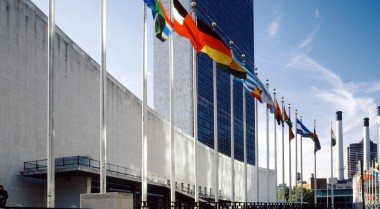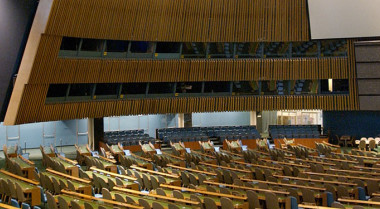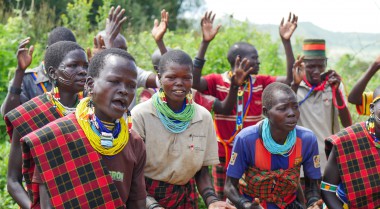
Global Advocacy
As a network of civil society organisations from all over the world, GPPAC seeks to strengthen the link between the work that its members undertake in a diversity of local, national and regional contexts and global policy processes related to conflict prevention and peacebuilding at the United Nations (UN). In 2016 the UN undertook an important step towards defining what it takes to sustain peace and the role of the UN in the process.
The Sustaining Peace agenda mobilises efforts before, during and after conflicts. In particular, the agenda captures a shift in the approach taken, from reaction to prevention through strategic and operational partnerships among all stakeholders, policy coherence and complementarity.
Challenges and Opportunities
Sustaining Peace offers an opportunity to develop and implement contextualised, inclusive policies and programmes for sustainable peace. This political turn requires a cultural and operational shift within the UN institutions. However, this is not easy. In our experience, the effective coordination of locally-focused initiatives often encounter structural obstacles and political pushbacks.
Our Approach
GPPAC links the work of its members at local, national and regional levels with global and regional policy processes at the UN and Regional Intergovernmental Organizations (RIGOs). We bring local experiences and knowledge to global and regional conflict prevention and peacebuilding meetings. We ensure that global peacebuilding efforts take into account relevant local actors and existing capacities and structures. We advocate for the inclusion of the views of local populations facing violence and conflict when analysing and developing strategic and operational directions.
Through our work, we aim to increase access, political space and opportunities for civil society to engage with relevant global and regional stakeholders and provide input into relevant policy processes.



